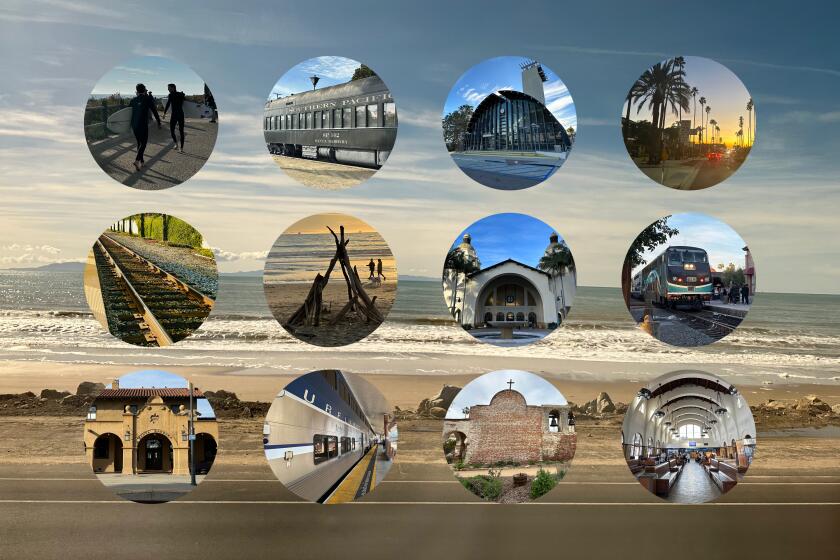GAO Cites Gap Between Plane, Luxury Ship Fares : U.S. Officials’ Cruises Cost Taxpayers $556,232
State Department and U.S. Information Agency employees ran up tabs totaling $556,232 on luxury cruise ships like the Queen Elizabeth II in a recent three-year period, congressional investigators said today.
Had commercial airlines been used instead, the 102 trips between the United States and overseas assignments would have cost taxpayers $160,047 and possibly less, the General Accounting Office told the House government operations legislation and national security subcommittee.
In addition, the GAO report said employees’ time spent aboard ships on ocean and Mississippi River travel was considered duty--not vacation--and cost taxpayers an average of $200 a day in lost productivity.
John Condayan, acting deputy assistant secretary for operations at the State Department, told the subcommittee that the department on Monday issued new travel rules to end a practice he said was used by only 2% of the diplomatic corps.
The new regulations, in line with GAO recommendations, permit ocean travel only for medical reasons or when an employee agrees to use vacation time and pay the difference between a cruise ship and economy air fare.
In documenting 79 cruises by State Department people and 23 by those from the Information Agency in the 36 months ending September, 1984, GAO found that 48 trips on the Queen Elizabeth II cost an average of $6,084, nearly four times the average airplane cost of $1,665.
All but one of the cruises were five-day Atlantic crossings in luxury class. The other one was a $13,761, 24-day trip for two people from Bangkok to Honolulu that the GAO says could have been made by air for $2,000 in two days.
The costliest trip cited by the GAO found a family of four on a 26-day journey, flying from Los Angeles to Colombia and taking a voyage along the east coast of South America to Uruguay. The GAO said it cost $21,956--$18,396 more than a one-day flight.
The GAO said it was told by foreign service officers that approval from superiors for ocean voyages was not required. The officers said ship travel was known to be more expensive but was considered “a fringe benefit,” the GAO said.
Sign up for The Wild
We’ll help you find the best places to hike, bike and run, as well as the perfect silent spots for meditation and yoga.
You may occasionally receive promotional content from the Los Angeles Times.



